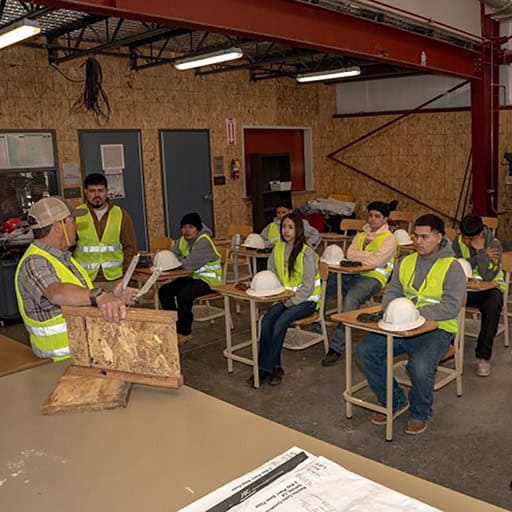Project 1: Rancho Cielo Cognitive and Literacy Intervention Study: This groundbreaking pilot collaboration is broken down into two stages. In Stage 1, students were assessed with neuropsychological, academic, and behavioral health screeners. These assessments identified both learning challenges and highlighted cognitive strengths. After the assessments, students participated in individual feedback sessions to better understand their unique learning profile and equipping them with curated strategies to support their academic and life goals.
Students were also split into two literacy interventions depending on their reading level. This tailored approach, supported by learnings from literacy and behavioral health needs focus groups, aims to foster better academic and personal outcomes by aligning educational support with each student’s specific needs. Next steps include establishing community-based behavioral health support.
Project 2: Creating a Resource Toolkit: This project will provide underserved youth, families, and their case managers with concrete legal information and referrals to help navigate critical life steps such as expunging criminal records, filing immigration applications, and obtaining driver’s licenses. These needs have been identified by the team at Rancho Cielo as obstacles that students must overcome so they can complete their education and secure employment to become productive members of society. Videos, infographic contents and supportive resources addressing legal needs will be designed and made easily accessible for teens and young adults. By empowering students and their families with the knowledge and resources to navigate their legal situations, the CA Institute aims to contribute positively to their future outcomes and assist in breaking down barriers to learning. Rather than focusing on meeting the needs of individual students, this project will identify systemic legal needs for this young population and help link them to resources.
